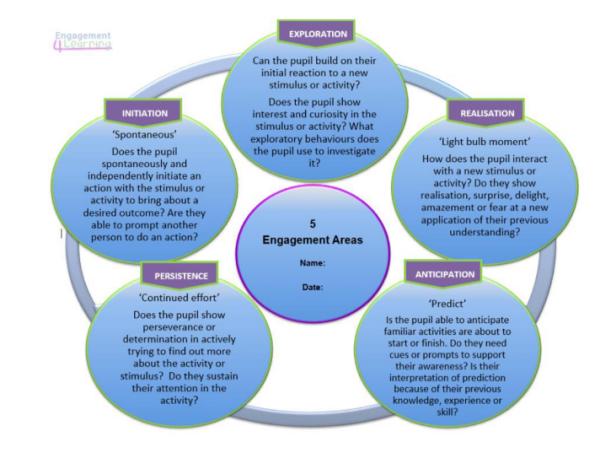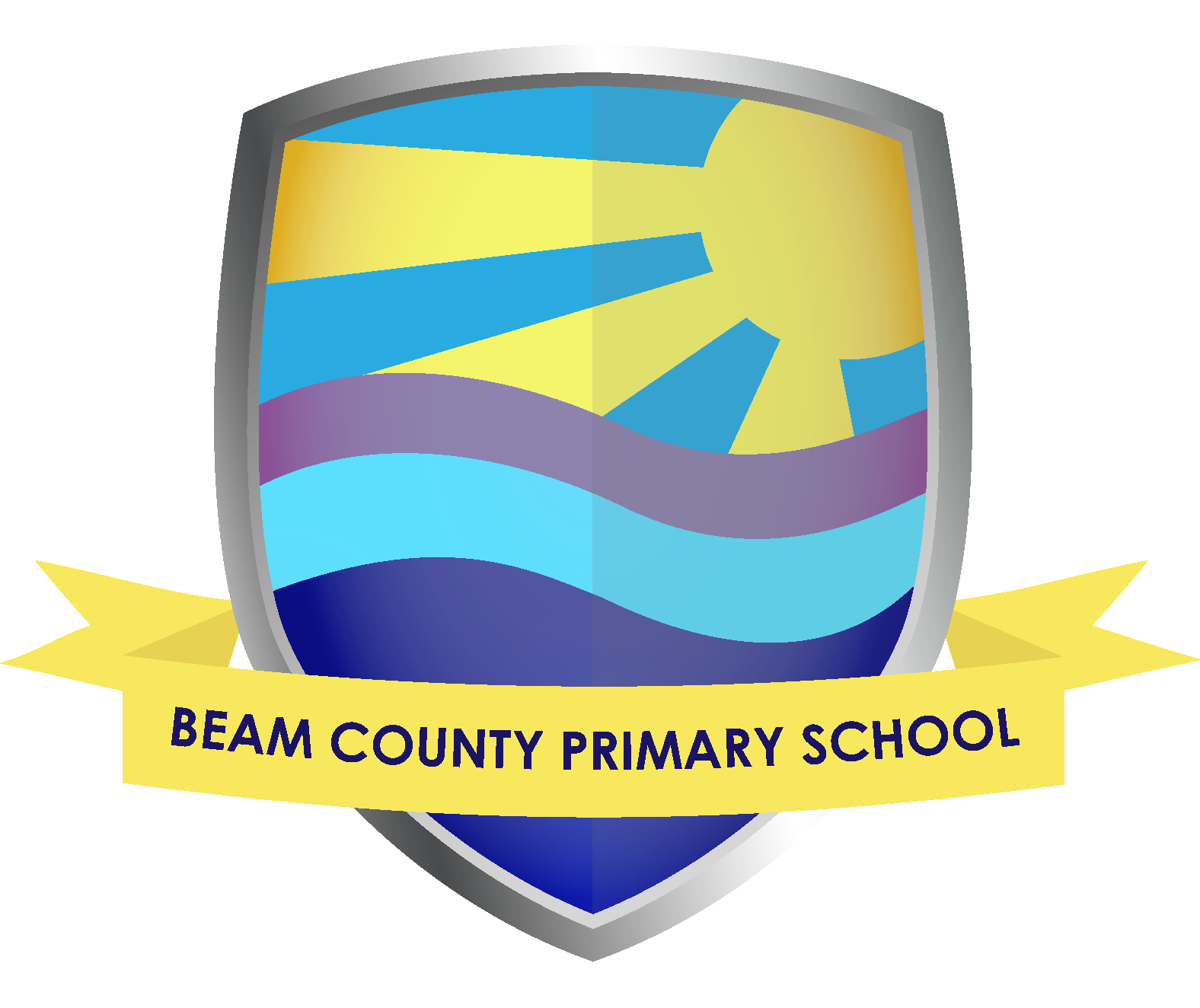Atlantis
Atlantis Class: Pre-Formal Curriculum Pathway
The mythical city of Atlantis has captured human imagination for centuries. By using this name for our class, we hope to inspire a sense of wonder, curiosity, and imagination through a play-based, pre-formal curriculum, which meets the developmental, sensory, and social needs of our pupils.
Learners on this curriculum pathway will usually have complex communication and interaction difficulties alongside complex social interaction difficulties, sensory difficulties, or behavioural needs. Pupils tend to be non-verbal or pre-verbal and need adult support with self-help, self-care, and self-regulation. Pupils are typically working below the level of the national curriculum and are not usually engaged in subject specific study.
As such, we pride ourselves on providing our pupils with a curriculum and classroom that allows them to feel safe, calm, and accepted. We nurture our pupils with activities and experiential opportunities that help them to engage with the people and environment around them, so that they can make sense of their world. Pupils will have access to assessments by both a speech and language therapist and an educational psychologist, in order to guide staff with personalised planning that recognises individual strengths and areas of development.
The primary intent of our Atlantis provision is to engage pupils with complex SEND, through meaningful, developmentally appropriate experiences that build on their interests and strengths and support their language and sensory needs. Adopting an approach that advocates developmentally appropriate practice does not mean making things easier for pupils. Rather, it means ensuring their experiences and targets are suited to their learning, development, and sensory needs and at the same time, are challenging and personalised enough to promote their progress and interest.
Pre-formal learning involves learning to regulate, to manage emotions, to develop relationships with others and to begin to understand language as a means of communication. We follow a thematic- based approach using the ethos of the Early Years - unique child; positive relationships; and enabling environments. Our approach is skills and context based and focuses on language, engagement, and experience. This allows us to support pupils to develop the essential pre-requisites for learning, such as beginning to look and attend, beginning to communicate, beginning to relate, beginning to play, and beginning to coordinate the body. We believe that establishing a secure foundation in this way supports our pupils to be able to access more formal learning when they are ready.
Within our Atlantis provision, we embrace Early Years pedagogy and strongly believe that a play-based approach is essential to supporting our pupils’ development. As such, the prime areas of learning from within the EYFS (physical development, communication and language and personal, social, and emotional development) are core considerations. In addition, opportunities for sensory input, exposure and exploration are embedded throughout the day
We offer a small, highly specialist team of staff. This allows us to provide an environment where safe and secure relationships can develop and where trust and a sense of belonging are key objectives. The needs of our pupils require staff to be attentive and attuned to their interactions and sensory needs. They get to know each pupil through observations and by forming strong links with parents and carers, so that they can guide and mediate progress in all areas of development.
Staff are trained to deliver targeted interventions such as Intensive interaction, Attention Autism, TEACCH approaches and Colourful Semantics, in addition to being proficient in first aid, Team Teach, Makaton, the Engagement Model and PIVATS.
The school day is anchored around routines which are consistent and predictable and where change can be supported by safe and familiar adults. We use a combination of tools to assist pupils’ understanding including visual schedules, objects of reference, now and next boards, core boards, sound buttons, Widgit symbols, Makaton sign, spoken language, and written language. We adopt a total communication approach which involves finding and using the right combination of communication methods for each individual pupil. This may include the use of visual aids, signs, gestures, body language, and speech. We believe that this approach enables pupils to successfully make their needs known in whatever way they can.
Assessment outcomes will depend on pupils’ levels of development but may include reference to the Engagement Model, EYFS or Pre-Key Stage Standards as part of our statutory assessment processes.
The Engagement Model uses a pupil-centred approach and complements the EYFS observational methods through regular observational assessment against five interrelated areas of engagement:

In addition to this, we use PIVATS assessments on an ongoing basis as our ‘in school’ assessment measure. PIVATS allow us to track the smaller steps of progress our pupils make and provides a tool to measure progress in areas such as personal and social development.
We recognise that pupils with complex and profound SEND may require a curriculum and classroom offer that is significantly adapted to that which can be provided within a mainstream setting. That is why we have developed a tailored approach that is specifically designed to meet their needs and to provide holistic learning and development opportunities at a developmentally accessible level.
Our Atlantis Provision is currently at capacity. Places are allocated from the current school roll following assessment, professional advice, and collaboration with Parents, SENCo and SLT. Parents of pupils not already attending Beam are not able to request a place within our Atlantis provision.
Atlantis Provision
Homework |
Spellings |
Reading |
Partnership with Parents/ Carers |
|
Homework is set on a Friday and is personalised for each pupil.
Information on the learning theme and story will be shared with parents. |
Spellings are sent home weekly (using Widgit symbols to support) and may be more related to developing pupils receptive and expressive vocabulary.
Spelling/ vocab checks take place on Tues/ Weds. |
Children read with staff daily. Books are changed weekly. Songs and music form a key part of language development The development of receptive and expressive vocabulary is key All pupils have a Lexia account which can be accessed from home. Online links to stories or songs explored in class are shared with parents. |
Parents are fully informed about the provision offer and rationale for their child Access to Tapestry (soon to move to Evidence for Learning) to allow parents/carers to be more involved in their child’s learning journey Access to input from Speech and Language Therapist and Educational Psychologist Support with referrals for pupils including EHCP requests Extended parent meeting offers each term Meetings with provision staff and year group staff Personalised reports Lexia log in sent home Invited to parent CPD relevant to their child Invited to parent coffee mornings Support with transition including staff support for school visits if needed |
Bow Arts
Last year, our pupils with the most complex needs (in Atlantis and Apollo) participated in a photography project that used delayed exposure photography. Some pupils were also involved in designing and making their light tools. We worked with artist Damien Robinson (who is deaf and communicates with BSL sign). Parents were invited to participate, and the products of this project can be seen in the installations around the school. Pupils in Apollo were also invited to visit the art installation, where their work was proudly displayed in a gallery. There, they had the opportunity to work with other artists to produce a short, animated film.
AQ pupils worked with our Art lead, Mrs Longworth, and artist Damien to produce their own art portfolios. These were then externally assessed, and all pupils successfully achieved the prestigious Art Award.
This year, pupils in Atlantis and Apollo will welcome visual artist Reza Ben Gajra. They will design and create their own sculptures, which will be displayed around the school. Parents will also be invited to participate.
Once again, our new AQ class will work towards creating a portfolio for assessment for the Art Award.
